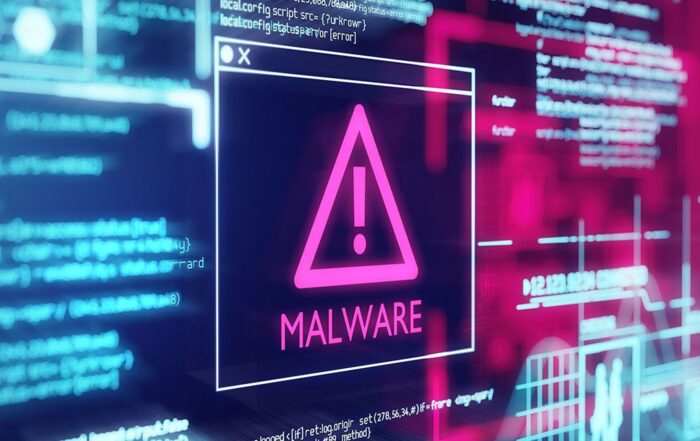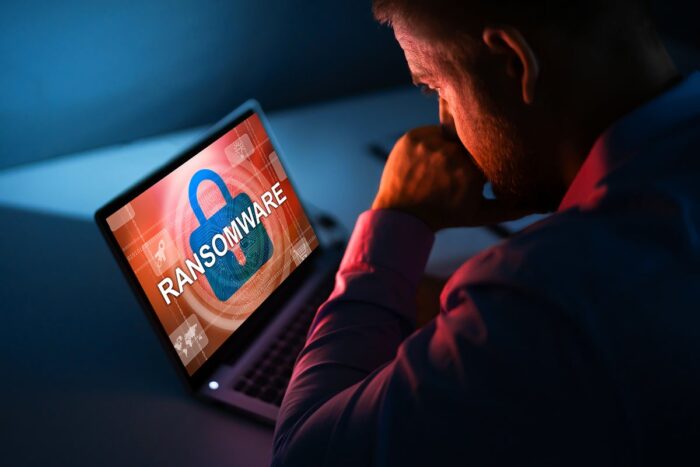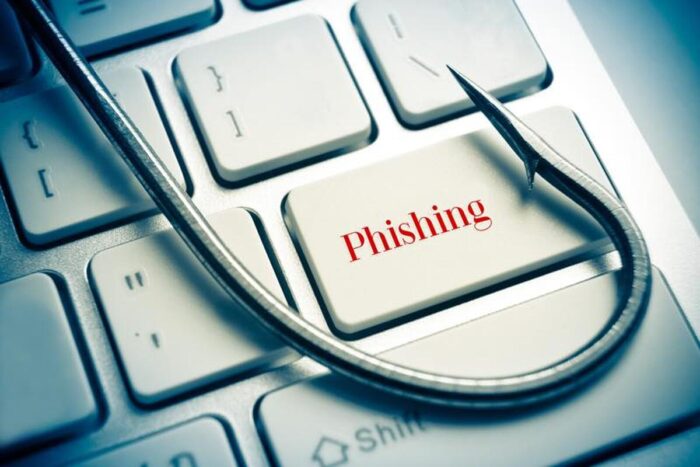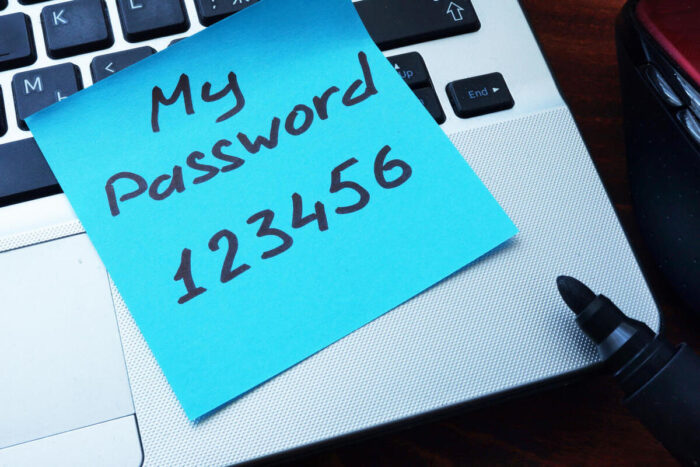Cyber security threats are a big problem nowadays, both for large companies with several thousand employees and for small companies. Yes, you heard right, if you are a small business owner, it is crucial that you find a way to reach the maximum level of security and prevent your company and its confidential information from being the target of hackers. Many people who run small businesses think that they are too small, so they have no reason to worry about cyber security. However, statistics show otherwise. In the text below we share with you some of the most common types of cyber threats for small businesses.
Why are small businesses equally frequent targets of hackers?
Even though they are officially classified as small businesses, many of them manage huge sums of money. They also have confidential information about customers on their computers, and often collaborate with large companies, which hackers tend to access through them. Hackers are increasingly developing their methods, so today it is possible to attack a large number of small businesses at once.
And this task is facilitated by the fact that small businesses often do not enter cyber security, so their technological defense is very easy to overcome. Once they enter your system, hackers will steal all your important information and cause you to lose huge amounts of money. And the question is whether your small business will be able to withstand and survive despite hacker attacks.
The most common types of cyber threats for small businesses:
1. Malware

Img source: leachagency.com
One of the biggest threats faced by small business owners is malware – a term that encompasses a large number of different cyber threats (such as viruses). These are tools that hackers use to destroy systems and then hack into them to steal valuable information, such as confidential information about customers and associates. The origin of these viruses is most often from certain malicious websites, from unsolicited e-mail, from USB, or due to connecting to other devices that were previously infected and continue to transmit the virus further.
Small businesses often have this problem because they do not invest in devices and cyber security, but often allow their employees to use their personal devices that do not have adequate technological protection. As a result, they are easily targeted by hackers. Malware attacks are a big threat to small businesses because they can lead to the loss of large amounts of money. Once they break into your computer, they destroy it, which means that you will be forced to spend money on repairing and recovering devices that are vital to the functioning of your small business.
In case you suspect that you are the target of a hacker attack or you want to protect your company and ensure optimal cyber security, we suggest that you find companies that can help you in this endeavor, such as Cytelligence.
2. Ransomware

Img source: proofpoint.com
A special form of malware is ransomware, which involves hackers breaking into a computer system, encrypting it, and thus preventing users from accessing their files and data. In exchange for re-accessing the system, hackers demand a ransom fee, in the form of bitcoin or other methods of payment that cannot be easily tracked. The amount of ransom can be up to several tens of thousands of dollars, and the worst-case scenario is when even after the redemption, the owner of a small business does not get his data back. Most often, ransomware spreads from unwanted emails, after the user clicks on the download button. After that, it infects the computer, encrypts and they ask for money in order to give you back your data.
3. Phishing

Img source: techrepublic.com
Phishing is another method used by hackers to deceive managers and employees in order to break into their systems and steal valuable information. The way phishing works is to motivate users to take action that hides a malicious activity that will do damage to their computer. The way hackers achieve this is by sending an email containing a specific link or attachment. Clicking on the link or downloading the attachment will break into the system and perform harmful actions that will eventually leave a small company with big problems. Emails like this often look very authentic, so the user has no doubt that something suspicious is being hidden behind it.
In the end, not only will small business owners lose a lot of data and money, but they are putting their credibility at stake. It is crucial that you find the optimal technological defense for your system to maximize the protection of your customers and your reputation.
4. Passwords that are not strong enough

Img source: techrepublic.com
The risk of your small business becoming the target of hacker attacks also increases when your employees use passwords that are not strong enough, or use them to lock several different accounts. When passwords are weak, hackers can break into the system much more easily and succeed in their malicious intent. Sometimes they don’t even have to break in but can simply guess what the password is. And if the same is used for several different accounts, then hackers easily break into the cloud and take information.
Many employees are not aware of how fatal a weak password can be for their company when valuable information is hidden behind it. It is up to you, as a business owner, to point out to your employees the importance of creating a strong password that is not easy to guess and that will be able to protect confidential information about customers and the company itself.
Conclusion
Many small business owners still do not realize the importance of cyber security and optimal technological defense in order to protect their company against hackers. Even if you have a few employees, that doesn’t mean you can’t be the target of a cyber-attack. Some of the most common cyber security threats to small businesses are malware, ransomware, phishing, as well as passwords that are not strong enough. We suggest that you focus on achieving optimal cyber security and thus protect confidential information about your customers and the company itself.




